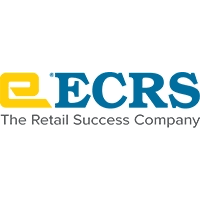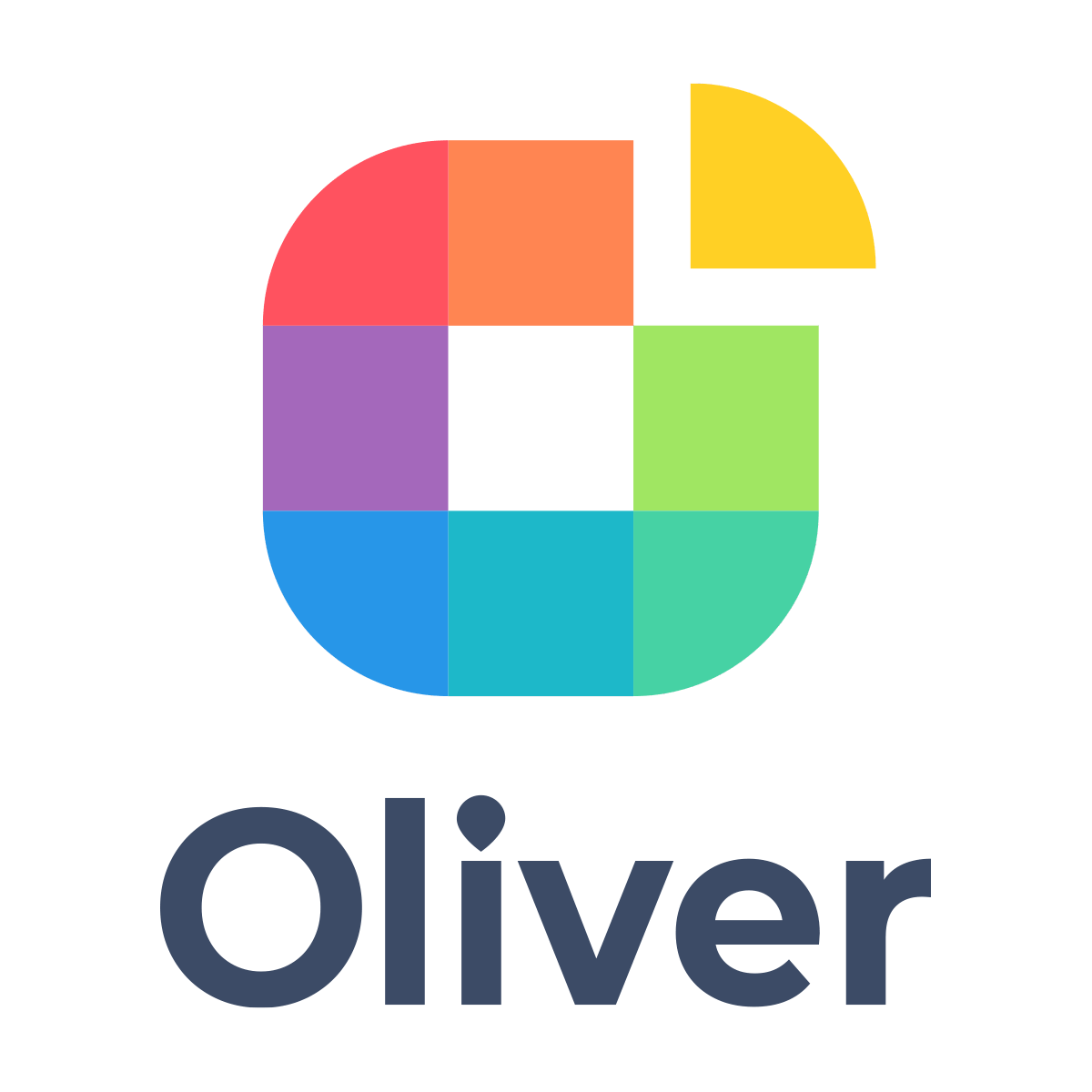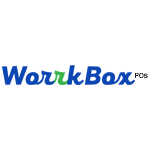Description

ECRS

Xilnex
Comprehensive Overview: ECRS vs Xilnex
Overview of ECRS and Xilnex
ECRS and Xilnex are both prominent players in the retail technology sector, offering solutions that target various aspects of the retail management process. Each has unique strengths and serves specific market segments. Below is a comprehensive overview focusing on their primary functions, target markets, market share, user base, and differentiating factors.
a) Primary Functions and Target Markets
ECRS (Enhanced Customer Retail Solutions):
-
Primary Functions:
- Point of Sale (POS) Systems: ECRS provides robust POS solutions that are more than just transaction processors; they integrate CRM (Customer Relationship Management), inventory management, and analytics.
- Inventory and Supply Chain Management: ECRS solutions offer real-time inventory tracking, supplier management, and procurement functionalities.
- Self-checkout and kiosk services: To enhance customer service, ECRS includes self-checkout solutions and kiosks that improve the shopping experience.
- Loyalty Programs: The platform supports the creation and management of loyalty programs to drive customer engagement and retention.
-
Target Markets:
- Grocery Stores and Supermarkets: ECRS is particularly popular in the grocery sector due to its comprehensive features tailored to manage large volumes of products and customers.
- Specialty Retail: ECRS targets industries like health food stores and cooperatives.
- Convenience Stores: Provides solutions that streamline operations for quick-service retail environments.
Xilnex:
-
Primary Functions:
- Cloud-Based POS Systems: Xilnex offers flexible, cloud-based POS systems that provide real-time business management tools.
- Multi-Store Management: The system allows the centralized management of operations for businesses with multiple locations.
- Customer Relationship Management: Xilnex includes tools for managing customer data, sales history, and targeted marketing initiatives.
- Integrated E-commerce: Supports integration with online sales channels to unify brick-and-mortar and online store management.
-
Target Markets:
- Small and Medium-sized Enterprises (SMEs): Particularly effective for mid-sized retail businesses looking for scalable solutions.
- Fashion and Apparel: Xilnex provides features suitable for the dynamic needs of fashion retailers.
- Food & Beverage: Offers solutions tailored to manage the specific needs of restaurants and cafes.
b) Market Share and User Base
ECRS:
- Primarily North American market reach with a strong presence in the grocery and convenience sectors.
- Its user base consists of thousands of installations, with a focus on larger chains and store networks.
Xilnex:
- Global presence, with a strong focus on Southeast Asian markets.
- A significant number of small to medium-sized retail businesses use Xilnex, with rapid adoption in emerging markets.
In terms of overall market share, ECRS holds a significant part of the North American grocery retail sector, whereas Xilnex excels with SMEs, particularly in regions where cloud adoption is rapidly growing.
c) Key Differentiating Factors
-
Technology and Infrastructure:
- ECRS is known for its robust, feature-rich systems that cater to high-volume retail environments, whereas Xilnex's cloud-based solutions provide flexibility and ease of access suitable for rapidly growing businesses.
-
Market Focus:
- ECRS targets the grocery and specialty retail markets, offering tailored solutions for high-volume, transaction-heavy environments.
- Xilnex focuses on scalable solutions that cater to SMEs, especially within dynamic sectors like fashion and food & beverage, leveraging cloud technology for easy scalability.
-
Flexibility and Scalability:
- Xilnex's cloud-based platform offers higher flexibility and ease for scaling, making it an attractive choice for small to medium-sized retailers.
- ECRS provides robust systems that scale well with larger enterprises and retailers with complex needs in inventory and supply chain management.
-
Integration and Customization:
- Xilnex excels in integration capabilities with e-commerce and other third-party systems, making it a versatile tool for businesses looking to unify their online and offline operations.
- ECRS offers more specialized features tailored for grocery and convenience store operations, focusing on comprehensive internal process management from checkout to supply chain logistics.
These differentiators outline how ECRS and Xilnex cater to different business needs and operational scopes within the retail industry.
Contact Info

Year founded :
1940
Not Available
Not Available
Not Available
Not Available

Year founded :
Not Available
Not Available
Not Available
Not Available
Not Available
Feature Similarity Breakdown: ECRS, Xilnex
ECRS and Xilnex are both point of sale (POS) systems that cater to businesses looking for efficient transactional solutions. Let's break down the feature similarities and differences, as well as the user interface and unique features of each product.
a) Core Features in Common
-
Point of Sale Functionality: Both systems offer efficient POS solutions that can handle sales transactions, returns, discounts, and promotions seamlessly.
-
Inventory Management: Both ECRS and Xilnex come with robust inventory management features, allowing businesses to track stock levels, manage suppliers, and automate reordering processes.
-
Reporting and Analytics: Both systems provide detailed reporting and analytics, enabling businesses to gain insights into sales performance, customer buying habits, and inventory trends.
-
Multi-store Management: They support multi-store operations, making it easier for businesses with several locations to manage each store's data and day-to-day operations from a centralized platform.
-
Customer Relationship Management (CRM): ECRS and Xilnex offer CRM capabilities to help businesses maintain customer information and transaction history, which can be used to enhance customer loyalty programs.
-
Employee Management: Both systems include features for employee scheduling, time tracking, and performance reporting.
-
Integration Capabilities: Both platforms can integrate with a variety of third-party applications, enhancing their flexibility and utility within different business environments.
b) User Interfaces Comparison
-
ECRS: Known for its intuitive and user-friendly interface, ECRS provides a customizable dashboard that can be tailored to the needs of the user. Its interface focuses on ease of navigation and speed, which is critical in high-volume retail environments.
-
Xilnex: Also user-friendly, Xilnex offers a cloud-based platform that emphasizes accessibility and simplicity. Its interface is designed to be highly visual, with easy-to-understand icons and clear menu structures that guide users through different processes.
c) Unique Features
-
ECRS Unique Features:
- CATAPULT Retail POS System: ECRS offers the CATAPULT Retail POS system that integrates front-end and back-office operations seamlessly.
- Self-Checkout Capabilities: ECRS provides robust self-checkout solutions, which can reduce labor costs and improve the customer experience.
- Advanced Loss Prevention: Offers enhanced security features to detect and prevent potential fraud or theft at the POS.
-
Xilnex Unique Features:
- Fully Cloud-Based Solution: Xilnex is entirely cloud-based, allowing businesses to access their POS systems from anywhere, which is particularly beneficial for companies with remote management needs.
- Offline Mode: Xilnex ensures business continuity with an offline mode that functions even without internet access, syncing data once connectivity is restored.
- Extensive Customization: Offers a high level of customization for reports, user roles, and workflows, catering particularly to businesses that require tailored solutions.
In summary, while ECRS and Xilnex share several core features, they each have unique attributes that may make one more suitable for certain business needs over the other. The choice between them would largely depend on the specific requirements of the business, such as the need for cloud-based operations or advanced security features.
Features

Not Available

Not Available
Best Fit Use Cases: ECRS, Xilnex
ECRS and Xilnex are both point-of-sale (POS) and retail management solutions, but they cater to different types of businesses and project needs based on their features, strengths, and design focuses.
a) Best Fit Use Cases for ECRS:
Types of Businesses or Projects:
- Grocery and Supermarkets: ECRS is particularly strong in supporting grocery stores and supermarkets due to its robust inventory management, scale integration, and rapid checkout capabilities.
- Convenience Stores: Given the need for efficient transaction processing and inventory turnover, ECRS suits businesses that require speedy service and inventory control.
- Multi-Store Operations: With centralized management capabilities, ECRS is ideal for chains and franchises that need consistent operations management across multiple locations.
- Loyalty and Promotions: Businesses looking to enhance customer engagement through loyalty programs and complex promotions benefit from ECRS's advanced marketing tools.
b) Preferred Scenarios for Xilnex:
Types of Businesses or Projects:
- Retail Boutiques and Specialty Shops: Xilnex is well-suited for smaller retail operations that require flexibility and ease of use, with features catering to fashion, electronics, and specialty goods.
- Food and Beverage Outlets: Restaurants and cafes can leverage Xilnex's capabilities for table management, order tracking, and kitchen display systems.
- E-commerce Integration: Businesses seeking seamless integration between physical and online storefronts can utilize Xilnex's e-commerce features.
- Scalable Growth: Xilnex supports startups and SMEs that plan to scale, offering tools that grow with the business.
d) Catering to Different Industry Verticals or Company Sizes:
Industry Verticals:
-
ECRS: Primarily targets the grocery, convenience, and larger retail markets. It’s built to handle the high-volume transactions and complex operational needs typical of these industries.
-
Xilnex: Versatile across various verticals, from F&B to retail, Xilnex provides specialized features that enable it to function well in either a boutique shop or a bustling restaurant environment.
Company Sizes:
-
ECRS: Best for medium to large enterprises due to its comprehensive feature set and ability to manage extensive operations with robust reporting and analytics.
-
Xilnex: Scales from small to medium-sized enterprises, offering a cloud-based solution that can efficiently handle the demands of smaller companies while supporting growth with scalable features.
In summary, ECRS is best for larger grocery and supermarket chains seeking robust inventory and transaction management, whereas Xilnex is ideal for dynamic, smaller businesses in the retail and F&B sectors that need flexibility and scalability.
Pricing

Pricing Not Available

Pricing Not Available
Metrics History
Metrics History
Comparing undefined across companies
Conclusion & Final Verdict: ECRS vs Xilnex
When evaluating ECRS and Xilnex, it is important to consider user needs, business requirements, and the overall value provided by each point of sale (POS) system. Here's a detailed conclusion and final verdict regarding the comparison of ECRS and Xilnex:
a) Best Overall Value
Conclusion: The decision on which product offers the best overall value heavily depends on the specific needs of the business. However, for businesses that prioritize comprehensive features and robust customer support, ECRS could be seen as providing greater value, especially for enterprises with a focus on grocery and retail sectors. On the other hand, Xilnex provides significant value for small to medium-sized businesses looking for flexibility and scalability in various industries, including retail and hospitality.
b) Pros and Cons
ECRS Pros:
- Industry-Specific Solutions: Particularly strong in grocery and retail sectors with solutions tailored to these industries.
- Comprehensive Features: Offers a broad range of functionalities, including inventory management, customer engagement, and analytics.
- Strong Support Network: Known for robust customer service and support.
ECRS Cons:
- Cost: Generally has a higher cost of ownership, which might be prohibitive for small businesses or startups.
- Complexity: The extensive range of features might lead to a steeper learning curve for new users.
Xilnex Pros:
- Flexibility and Scalability: Offers a wide array of features that cater to various industry needs, making it adaptable for business growth.
- Affordable Pricing: More cost-effective, making it accessible for small to medium enterprises.
- User-Friendly Interface: Generally easier to navigate and implement.
Xilnex Cons:
- Limited Industry-Specific Features: Might lack some of the specialized features that certain industries require compared to more focused competitors like ECRS.
- Support Limitations: Depending on the location, support might not be as robust or readily available.
c) Recommendations
Recommendations for Users:
-
Assess Business Needs: Determine your specific industry requirements and which system offers features that align with these needs. Consider whether you require highly specialized functionalities or a broader, adaptable system.
-
Consider Budget and Scale: Evaluate the total cost of ownership and how each POS system fits into your budget. Keep scalability in mind if you plan to grow your business.
-
Test Usability: Take advantage of demos or trial versions to evaluate the user interface and ease of use, ensuring your team can quickly adapt to the new system.
-
Evaluate Support Services: Analyze the support network offered by each company, especially if your business relies heavily on technical assistance.
-
Future Growth: Consider your long-term plans and choose a system that can scale with your business, providing new functionalities or integrations as needed.
In conclusion, your choice between ECRS and Xilnex should be guided by a thorough assessment of your operational requirements, financial considerations, and future growth trajectory. Both systems have their strengths and fit distinct business models; the best choice will vary based on individual business contexts.
Add to compare
Add similar companies



